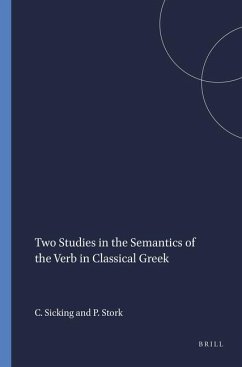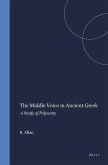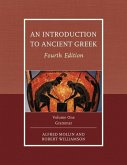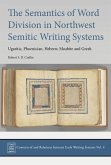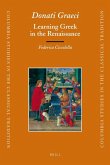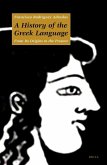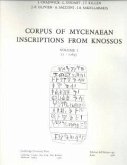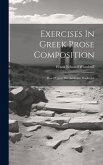The first part of this volume offers an analysis of the use and distribution of the perfect in the classical period of ancient Greek, based on the "complete relevant material in Aeschylus, Sophocles, Euripides (tragic poetry), Aristophanes (comic poetry), Thucydides, Xenophon's "Anabasis (historical prose), Lysias (rhetorical prose) and Xenophon's "Opuscula (various prose types). The material is made accessible by several indices. In the second part insights gained in the field of discourse analysis are applied to the description of the contrast between aorist and present verb forms. The author has endeavoured to provide an explicit account of the actual functioning of these verb forms "in their contexts. Special care has been given to reducing technical jargon in the interest of those who feel themselves classicists rather than professional linguists.

